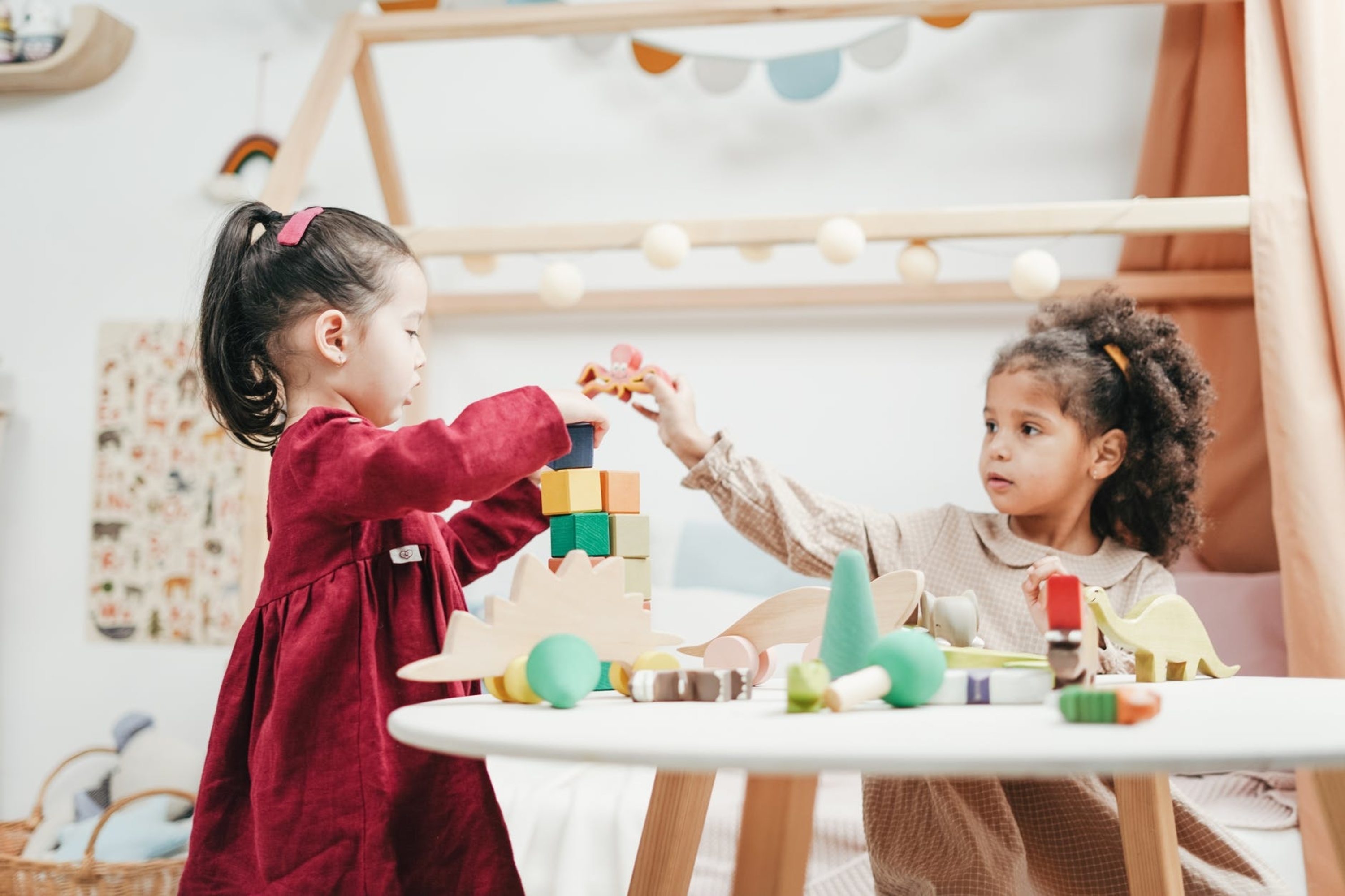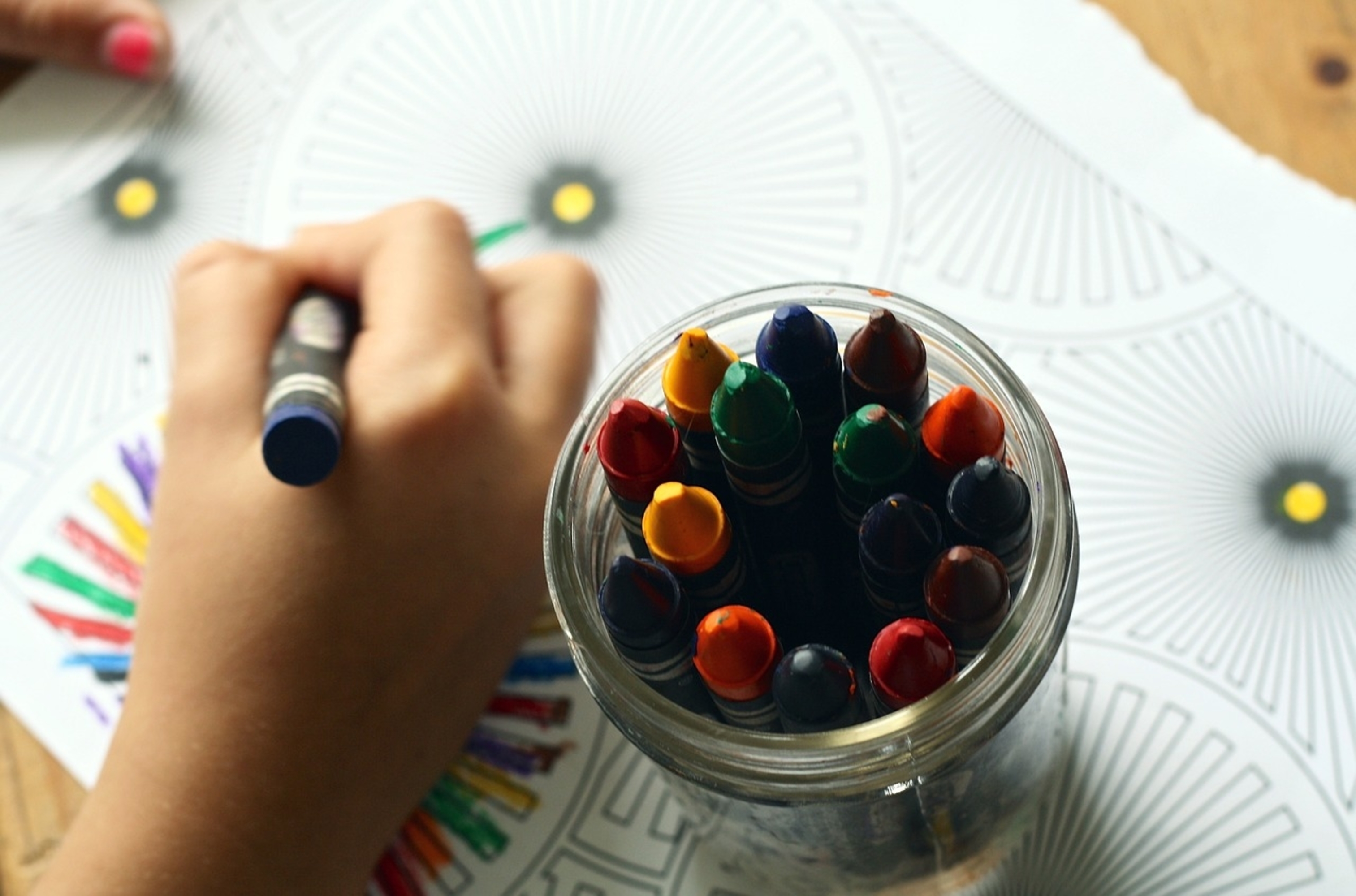When your child starts school at any level, whether it is preschool, kindergarten, grade school, or beyond, he or she must already have particular skills […]

9 Important Things To Know About Preschool Curriculum
The time your child spends in preschool is a crucial part of his or her development. This is when his or her social, emotional, physical, and intellectual skills become more developed. The cognitive skills that your kid picks up during this stage, while simple, will play a crucial role in laying the groundwork for them to gain a wealth of knowledge later on in life.
As a parent, you are no doubt nervous and excited about your child heading off to preschool. Here is a list of things you should know about your child’s preschool curriculum:
1) Letters and Sounds
Your child will be able to identify all 26 uppercase letters and some lowercase letters in preschool. They may also be able to recognize their name and write it down along with some other meaningful words such as mom and dad. Your kid will also be able to form a connection between the letters they see and the sounds these make. You can help prepare your child at home by singing the “ABC” song with him or her. You can also ask them to play with those letter magnets found on the refrigerator door.
2) Colors and Shapes
Your preschooler will also learn to identify different colors, basic shapes, and prominent parts of the body. As a parent, you can help your child become more familiar with these things by asking questions about colors and shapes all through the day. You can ask what the color of the car is or what the television’s shape is. While your child is preparing for school, you may also ask about the colors of his or her clothes.
3) Numbers and Counting
As this preschool in Austin indicates, a substantial part of your preschooler’s curriculum will involve learning what basic numerals look like and accurately identifying them. Counting is another skill that your child will learn at this level as well. They will start by memorizing the order of the numbers and saying them loudly while they count objects. Soon, your child will realize the direct correspondence of numbers and objects.
4) Cutting and Drawing in Preschool
As your child begins to develop better hand-eye coordination and motor skills, he or she will soon learn how to safely cut with scissors, color, and create better drawings. They will also learn how to use paintbrushes, glue, pencils, chalk, Play-Doh, markers, and more.
5) Socializing and Sharing
Social skills are crucial for your child’s development. He or she will foster these skills in preschool where preschoolers will learn how to work with one another, share things, take turns, follow basic instructions, participate in group activities and verbalize their wants and needs.
6) Speaking and Listening
Your young one’s language skills develop more in preschool, thanks in large part to the opportunities he or she gets to speak and communicate with other children and teachers. Teachers will talk with your child all day long, from the moment they step in the classroom to the time they leave. They will also encourage the children to exchange ideas, feelings, and bits and pieces of information with one another.
7) Science
Preschoolers are curious by nature and ask a lot of questions about everything under the sun. Teachers will try to encourage your young one to discover the world and think about things from a scientific point of view. Children observe at first before letting their inquisitive side take over. Teachers support their scientific learning by letting them tinker with safe experiments, going on field trips, and introducing fundamental scientific concepts.
8) Social Studies
As your child progresses in preschool, he or she will learn how to make new friends and build relationships with people in the class. This way, your kid is learning social studies. In time, your preschooler will learn more things about himself and how he or she fits into the family, the class, and the entire community. He or she will also learn the culture and background of classmates and even the teachers.
9) Technology
Your child will learn about technology a lot earlier than you did. This is because of the advancements in technology, which include the gadgets used in the classroom. Teachers might share information with the students through an eBook on a tablet. The students may even view videos on child-friendly platforms.

Should I Consider a Christian Preschool for My Kid?
As a parent, nothing is more important than our children. They are God’s precious gifts to us. It’s only natural that we want the best […]

8 Important Learning Objectives for Preschoolers
As parents and educators, you have a lot on your plate when it comes to getting your preschooler ready for life. However, before you start […]

